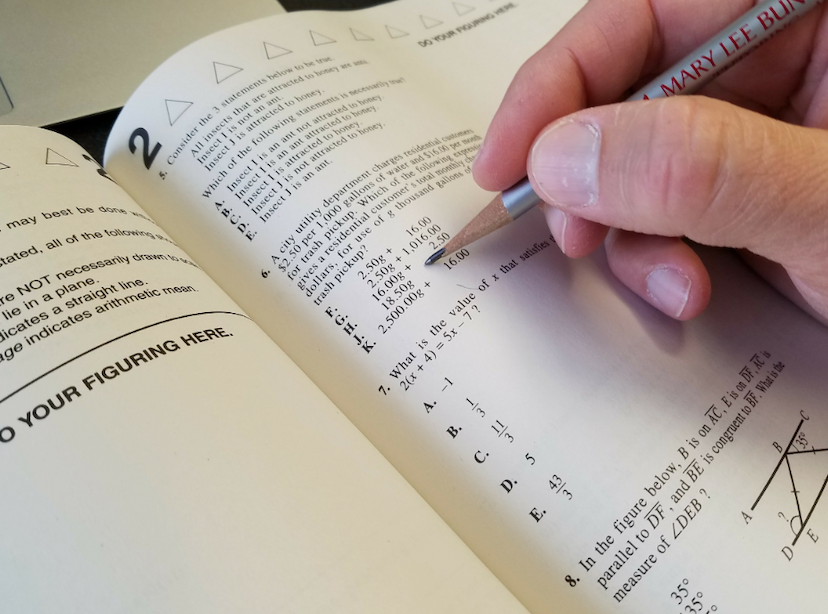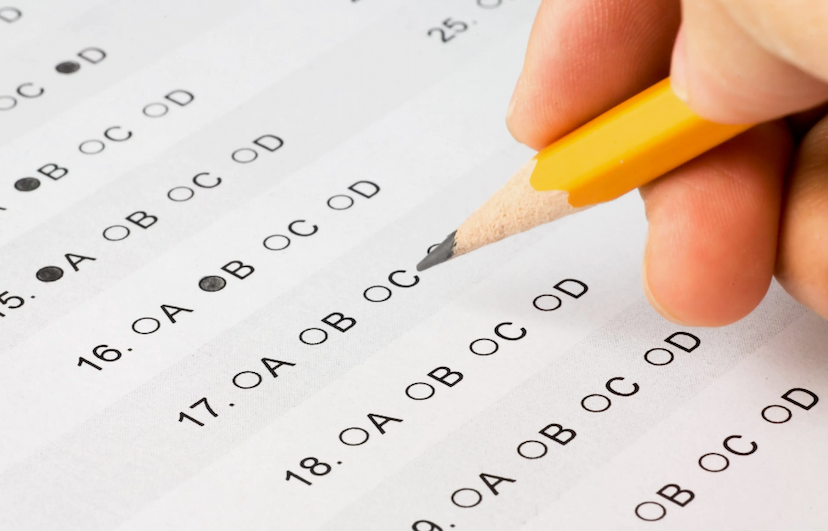Master the SAT ( Scholastic Assessment Test) : Top Tips & Strategies for Success in 2024

SAT ( Scholastic Assessment Test) preparation may seem like a long journey, but it doesn’t have to be. This important exam opens doors to prestigious universities, scholarships and international education, making it a great stepping stone for students from America, India and beyond. With the right strategies and resources, you can approach the SAT with confidence and achieve your academic goals.
In this comprehensive guide, we discuss SAT preparation, offer strategic preparation tips, and share information on authoritative study materials. By understanding the structure of the test, creating a personal study plan, and using section-specific strategies, you can improve your reading, writing, and math skills. Let’s embark on this journey together and master the SAT for success in 2024! Read more, Study Abroad GREAT Scholarships: 71 UK Universities Offering 210 Postgraduate


Understanding the SAT Structure
The exam offers a streamlined testing experience, divided into two main sections: Reading and Writing, and Math. Students have 64 minutes to complete the Reading and Writing section and 70 minutes to complete the Math section, totalling 2 hours and 14 minutes. Each section is further divided into two equal-length modules. Students will have a 10-minute break between sections to recharge and strategize.
The first module of each section presents a mix of easy, medium, and hard questions. Based on their performance in this initial module, the difficulty level of the second module will adjust accordingly, becoming either more challenging or less challenging.
Reading and Writing Section
This section assesses students’ ability to critically analyze a text, understand different writing styles, and identify main points and ideas. Multiple-choice questions assess grammar, vocabulary, and general writing skills.

Math Section
The mathematics section is designed to test mathematical skills and covers topics such as algebra, advanced mathematics, problem-solving and data analysis, geometry and trigonometry. Both modules contain questions in multiple-choice and open-response formats and provide a comprehensive assessment of mathematical skills

Scoring System and Target Goals
A Score is given for each section (Reading & Writing and Arithmetic) on a scale of 200-800, giving a total possible score of 1600. There is no penalty for guessing, so it is always in the applicant’s best interest to know the answer. Try every question. The ‘Good’ score depends on the university students’ target. Research the SAT scores of selected colleges to understand target scores.

Test Day Tips and Strategies
Before implementing any strategy, students should make sure they are familiar with the basics tested in each section of the SAT exam.
Reading Comprehension
Reading comprehension is the process of distinguishing difficult parts. Students must identify the main ideas, understand what the author is trying to say, and draw conclusions based on the text. Practice summarizing key points and analyzing the author’s purpose. Powerful words are important in solving complex topics and problems. Take time to learn new words every day by using flashcards and mnemonics to help you remember. Put these new words to practice in writing and in conversation to strengthen your understanding.
Writing Skills
Proper understanding of grammar, mechanism, and sentence structure will not only strengthen your writing skills but will also help you detect errors in the Writing and Language sections of the SAT exam
Math Skills
SAT tests students’ math skills in two main areas: algebra and geometry. Prepare to work with expressions in algebra, solve equations and inequalities (both linear and quadratic), and understand functions (including linear and exponential). For Geometry, refresh knowledge of lines, angles, shapes (including their areas and volumes), congruence, similarity, and the Pythagorean Theorem.

Students should also become comfortable reading and interpreting graphs, tables, and statistical information like mean, median, mode, and percentiles. Sharpen skills in basic math operations (including fractions and decimals), percentages, and ratios.

Preparation Tips
- Start EarlyPlanning always helps. Planning is always useful. Understand the SAT program and manage your studies with SAT Prep. Choose a date for the SAT and give yourself plenty of time to prepare. Take at least 2 to 3 months to prepare, learn the concepts, practice and strategize. Early preparation builds confidence.
- Create a Study PlanChoose a time to take the SAT and create a study plan. Follow closely to manage your time effectively. Watch tutorial videos, take time to practice, and study onsite. Set goals that match the university you want to apply to.
- Use Official SAT Practice from Khan AcademyPrepare with official resources crafted by the makers of the SAT. College Board has partnered with Khan Academy to provide free SAT preparation. Use these resources, and take at least one full-length practice test on Bluebook. Focus on weak areas identified from these tests.
- Pay Attention in ClassSince 2016, the SAT has been closely tied to academic performance. Pay attention in class, study hard, and discuss your weaknesses. Use primary sources and ask questions to better understand the concept before taking the SAT
- Practice RegularlyPractice is key to success. Obtain sample SAT papers and use them to identify strengths and weaknesses. Ample practice builds confidence and competence.
- Read RegularlyRegular reading improves reading speed and vocabulary, crucial for the Reading and Writing section. It also enhances communication skills, making studying abroad easier.
Conclusion
SAT preparation requires dedication, practical planning and mental perseverance. Candidates can take the exam with confidence by following the steps in this article and maintaining a positive attitude. The skills you develop while preparing for the exam (time management, critical thinking, and problem-solving) will benefit students throughout their academic journey and beyond.
Choose between self-study or private lessons; both options are equally useful. Start early, use official practice materials, take exams, pay attention in lectures, practice regularly and read often. These tips can help you better prepare for the SAT, improve your performance on test day, and open doors to the field you want to study.
Also, read






